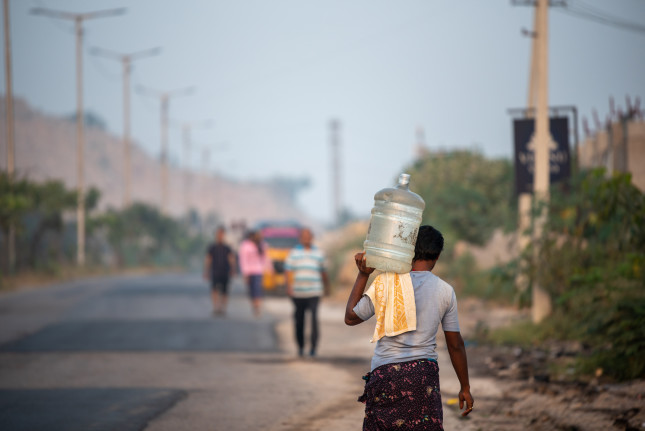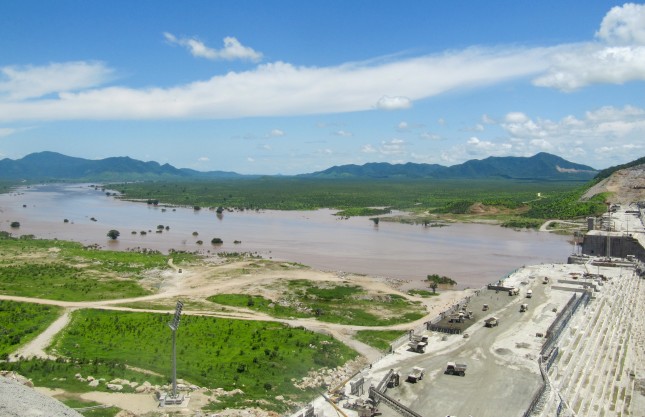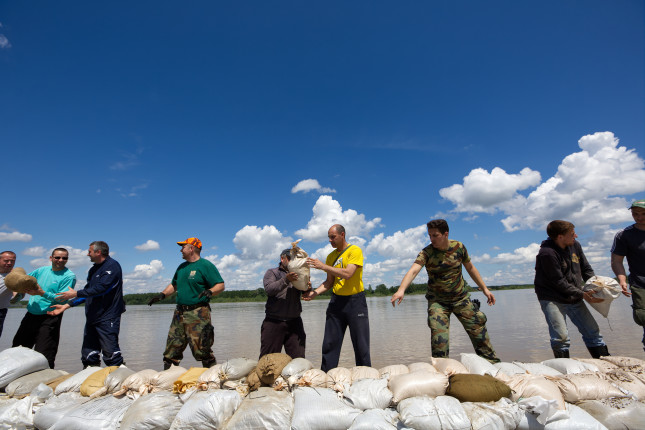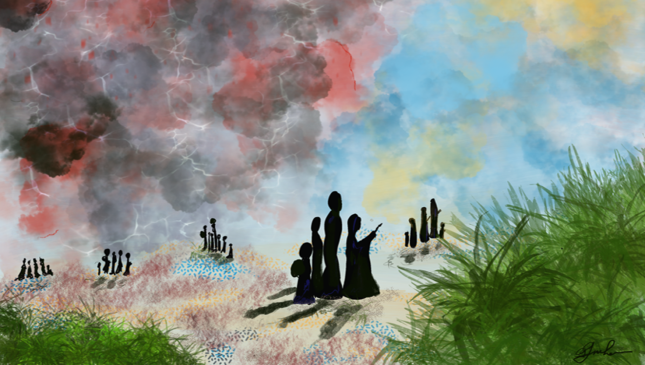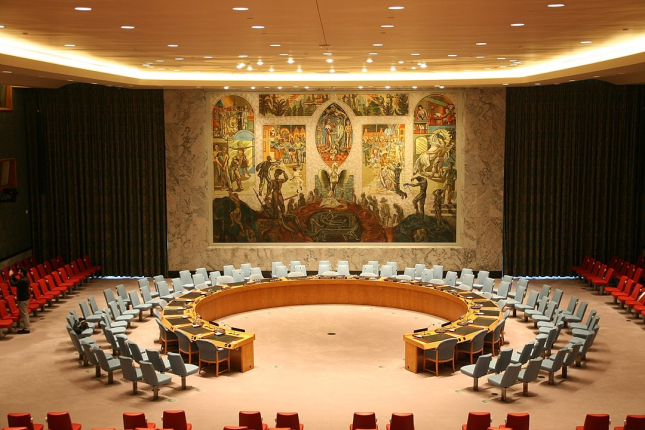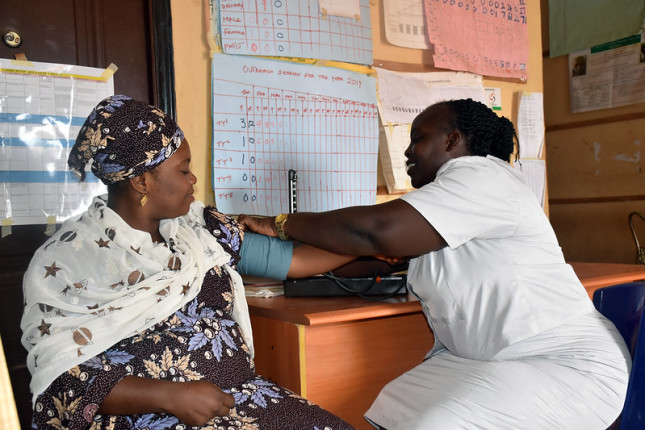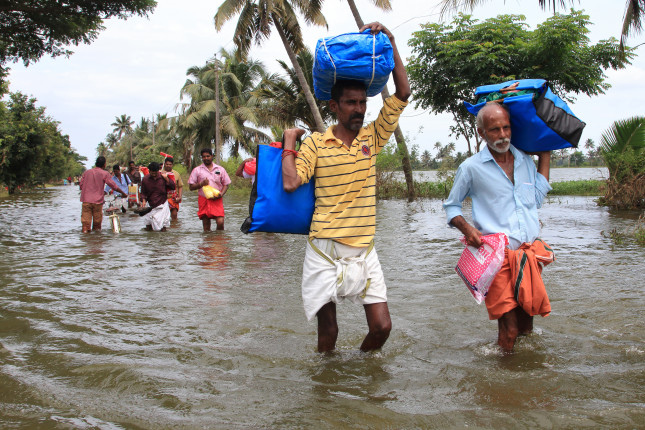-
Keeping Human Rights in Family Planning Policy as Depopulation Fears Mount
›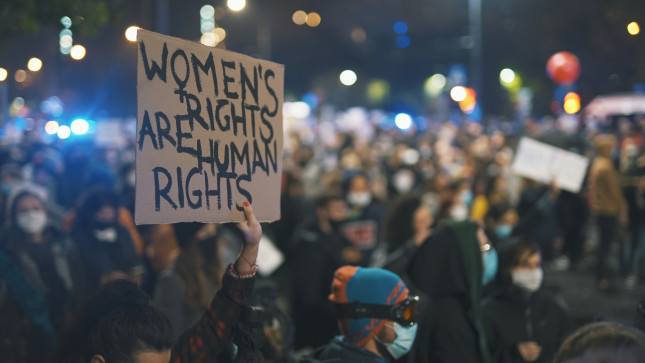
Human rights have been central to the family planning movement for well over half a century, although family planning programs have not always lived up to the human rights commitments that governments publicly subscribe to. The right of couples to control their fertility was first codified in the 1968 Tehran Declaration, which noted that:
“Parents have a basic human right to determine freely and responsibly the number and spacing of their children.”
-
No, There Will Not Be a War for Water
›
Some people falsely believe that the Afghanistan takeover by the Taliban during a drought increases the risk of violence over shared waters such as the Helmand and Kabul Rivers. Violent clashes over scarce resources have been predicted as “likely,” or even “certain” for 35 years, and despite such “water wars” never having happened, hypotheses about them keep cropping up around conflict-affected regions such as the Middle East and South Asia. In reality, conflicts are multidimensional with social, political, economic, and ecological drivers producing conflicts through their complex interrelations. Because of these multidimensional conflict drivers, the water war message is wrong-headed and needlessly scaremongering.
-
When Climate Change Meets Geopolitics
›Deteriorating security in Ethiopia, a country W.E.B. Dubois once described as where “the sunrise of human culture took place,” is deeply concerning. The last few months have seen a dramatic involution for a country that was once a poster child for sustainable development. The conflict between the government and rebel forces in Tigray is not just a matter of regional security, but a significant blow to the world’s efforts to fight climate change.
-
Merging the Environmental and Security Sectors in Climate Risk Responses
›Environmental security notions have evolved over the past 30 years. Once a sub-field of Security and Peace Studies focusing on how environmental issues correlate with modern security theories and policies, the concept is rapidly merging environmental and security sectors. Former Greek Naval Officer in the Hellenic Navy and current environmental security scholar Dimitrios Kantemnidis’ expertise sits at the center of the two merging fields. His military background informs perspectives on growing environmental security risks and potential responses for civilian and military actors.
-
Food and Water Security Solutions: Reflections on Mitigating Climate-induced Population Displacement in Africa
›Almost two years after Cyclone Idai hit Mozambique, Zimbabwe, and Malawi, thousands of people remain displaced. At the time, Idai was the most powerful cyclone to hit the Southern Hemisphere in two decades, but it is no longer an anomaly. Worse, the Word Bank reports that climate change can potentially wipe out decades of social and economic progress in the developing world by displacing millions of people, many of whom will be pushed into poverty. Food and water insecurity connected to climate hazards—particularly in places dependent on agriculture—is a major factor which has forced families and whole communities to relocate for safety and subsistence.
-
Russia’s ‘Nyet’ Does Not Mean Climate Security Is off the Security Council Agenda
›
On Monday, 13 December, Russia used its veto in the United Nations Security Council to block a thematic resolution on climate change and security put forward by Ireland and Niger. While the draft resolution contained specific actions, its main purpose was symbolic: to put the security implications of climate change firmly on the Security Council’s agenda, much as Resolution 1325 did with women, peace and security.
-
The Elusive Goal of Universal Health Coverage
›
As the world struggles to recover from the relentless coronavirus pandemic, the goal of Universal Health Coverage (UHC) has become more relevant than ever. UHC means that people have access to community services that promote healthy habits, disease prevention and early detection, quality medical treatment and rehabilitation services without suffering financial hardship.
-
The Quad Should Help India Address Its Most Pressing Security Challenge: Climate Change
›
Headlines about India’s pressing security challenges often focus on tensions with Pakistan, border friction with China, and internal interethnic violence. However, the threat of climate change is in fact the paramount security threat to India in the coming decades.
Showing posts from category Guest Contributor.


